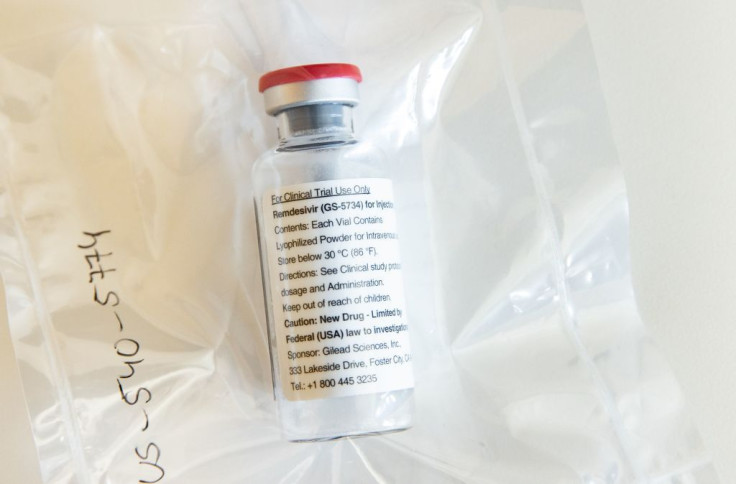Nations continue to struggle against the COVID-19 outbreak, and that is even compounded by the stress of losing jobs to a crashing economy.
There seems to be some respite sprouting from all the darkness —Antibody tests. While the effectiveness of these tests hasn’t been fully established, experts believe they may help workers get back to work.
Antibody tests, also called Serology tests, offer a degree of relief to panic-stricken individuals—by showing who has been infected and recovered. Antibody tests can be carried out in two ways: Rapid tests and assays. Rapid tests are easier to do, as one can obtain the results within the comforts of their homes.
Each testing kit comprises a sterile container and a nasopharyngeal swab in a plastic specimen bag. The swab enters the nose and is then swiftly pushed to the back of the throat, just above the nasopharynx, elucidates a recent report. It is then rotated to obtain viral specimens.
Despite not being reliable enough for widespread use, the trend is catching up—the UK has ordered approximately 3.5 million antibody tests. New York’s Cuomo has announced 2,000 tests a day for the city’s frontline workers; he plans to expand that to 100,000 a day. Currently, hopes are pinned on these tests as they offer insights into the following: infection rates, herd immunity and the like.
Simply put, Antibody tests determine the presence of two antibodies in the blood, immunoglobulin M (IgM) and immunoglobulin G (IgG). These antibodies, IgM and IgG, helps fight all kinds of infections. The blood tests for COVID-19 search for antibodies pertinent to the novel coronavirus.
How is this tested: Another method involves a simple finger prick to draw a blood sample, post which the blood is collected with a plastic straw and deposited in a small cartridge along with a special solution of liquids, which will stir up a reaction. Within a span of ten minutes, the test aims to determine whether a person has COVID-19 or not.
These FDA approved tests are one of many antibody tests under its Emergency Use Authorization, which means there could be a strong possibility of a lax, as chances are the tests haven't been thoroughly reviewed by the agency to be entirely accurate.
Just in case you wish to get yourself tested, you can always opt for a drive-through coronavirus testing sites across the United States. If you don’t’ have access to such a platform, you can get in touch with your health care provider to make due arrangements.

© 2025 Latin Times. All rights reserved. Do not reproduce without permission.




